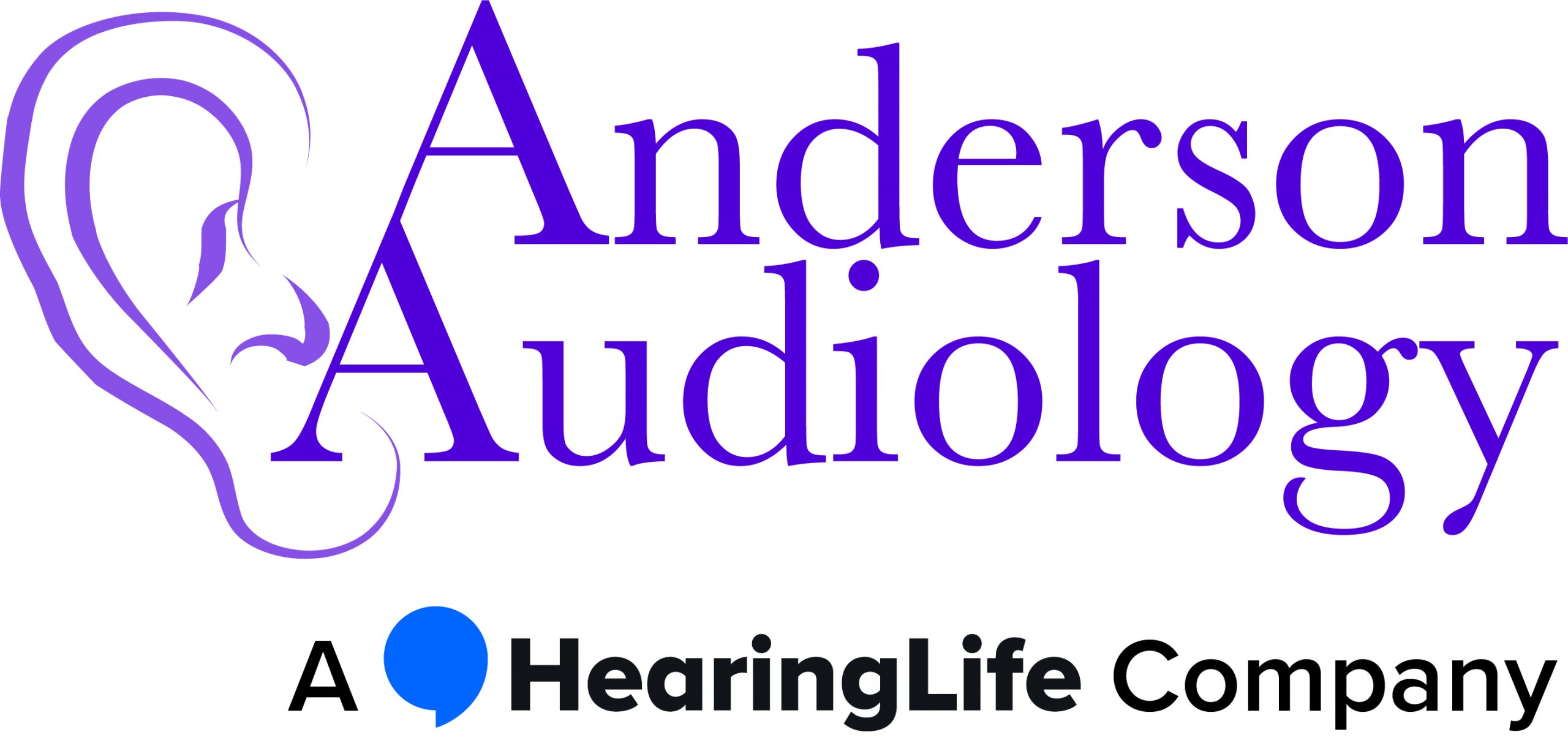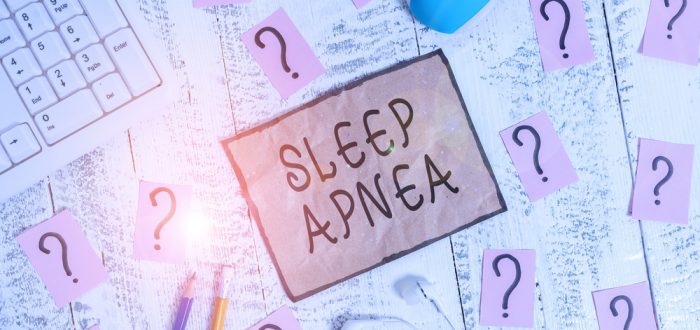Having sleep apnea can increase your risk of a variety of health conditions,such as heart disease, high blood pressure, diabetes, metabolic syndrome, liver disease, and more. But are you aware that sleep apnea can also increase your risk for hearing loss as well? Find out more about what you should know about hearing loss and sleep apnea.
What is Sleep Apnea?
Sleep apnea is a sleep disorder where an individual experiences frequent pauses in breathing during sleep.This leads to loud snoring, gasping for air, insomnia, daytime sleepiness, dry mouth, headache, concentration problems and mood changes. An estimated 18 million Americans suffer from sleep apnea, many of them unaware of their condition. There are three types of sleep apnea:
- Central sleep apnea is when the brain does not properly communicate with the muscles that control breathing.
- Obstructive sleep apnea is when the tissues in the mouth and throat collapse into the airway.
- Complex sleep apnea is a combination of the two.
What is the Link Between Sleep Apnea and Hearing Loss?
In recent years, several studies have shown that sleep apnea and hearing loss are strongly linked.
An observational study of close to 7,000 older adults in Europe found that people with sleep apnea are 21% more likely to have hearing impairment. Results of the study were published in Clinical Otolaryngology. Based on the results, the study authors recommend that all people with obstructive sleep apnea receive screening for hearing loss.
This is not the first study to examine the connection between sleep apnea and hearing loss. A second study published by the American Thoracic Society (ATS) examined almost 14,000 people using in-home sleep apnea tests and on-site audiometric testing. The results showed that hearing impairment was more common among people who snored, had a higher body mass index (BMI), and had severe sleep apnea.
Further, a smaller study examined the oxygen levels of people with severe obstructive sleep apnea. Low oxygen levels were associated with more hearing impairments.
These studies show that a link exists between hearing loss and sleep apnea. However, researchers are not exactly certain what causes the connection. According to some theories, the link could be caused by:
- Reduced blood flow – Sleep apnea results in reduced blood flow to the inner ears, which rely on oxygen to function properly.
- Prolonged loud snoring – Years of loud snoring can contribute to noise-induced hearing loss.
Treating Sleep Apnea to Help With Hearing Loss
If you have sleep apnea, the best thing you can do for your hearing health and your overall health is to treat your sleep apnea. Most people who suffer from obstructive sleep apnea are recommended to wear a continuous positive airway pressure (CPAP) machine at night. Oral breathing devices may also be available to treat sleep apnea. Other sleep apnea treatments include surgery to correct a blockage and medicine to help you stay awake during the day. Also, your doctor may recommend healthy lifestyle changes like losing weight or stopping smoking.
If you have sleep apnea, it is important that you book in a hearing assessment with your local hearing clinic. They will be able to discuss potential options to address your hearing loss.
Need Help? Contact Us Today!
If you’re ready to book a hearing assessment, the hearing care professionals at Anderson Audiology are ready to help. Call us today at 702-997-2964. Alternatively, click here to request an appointment online.

